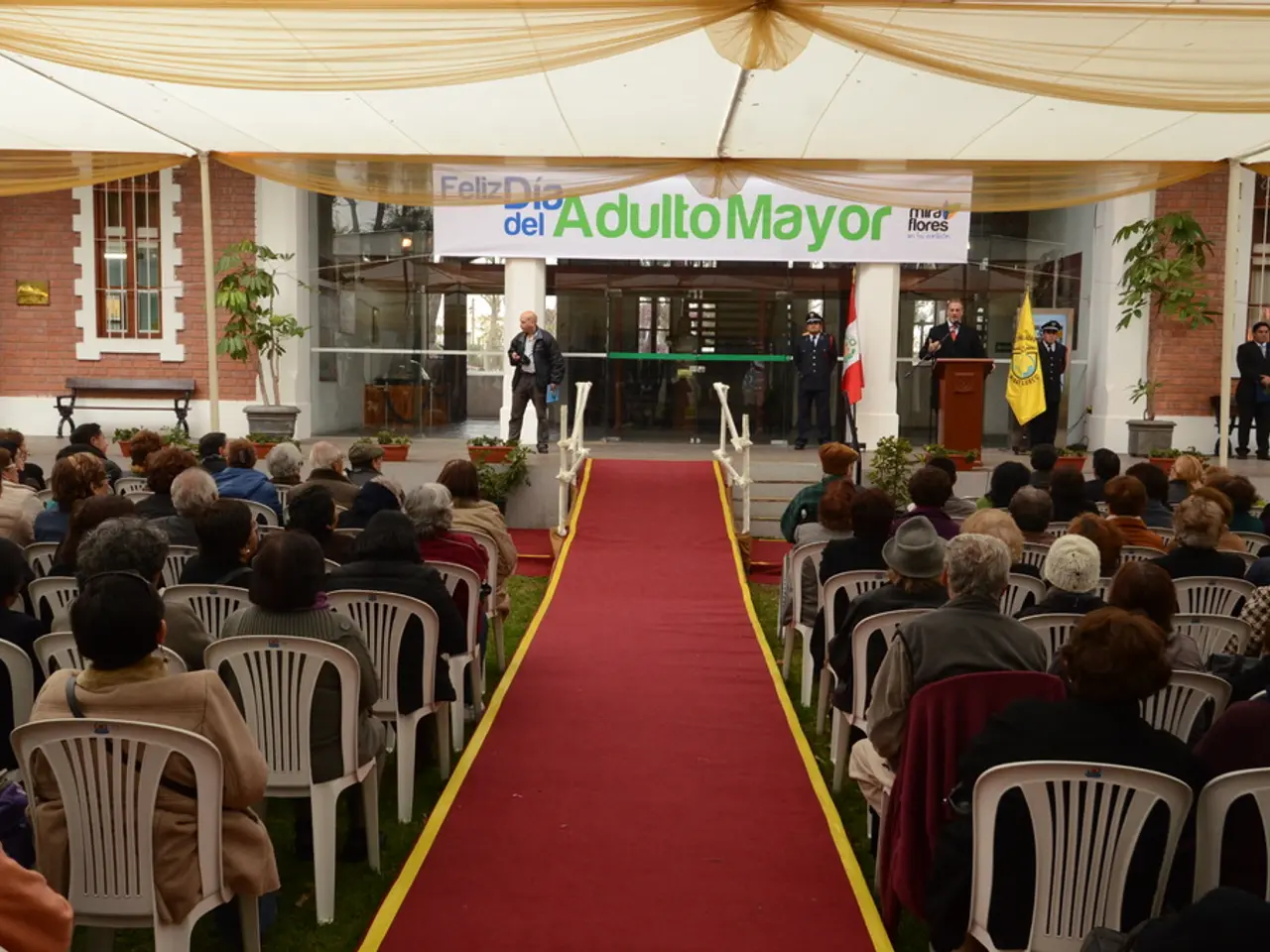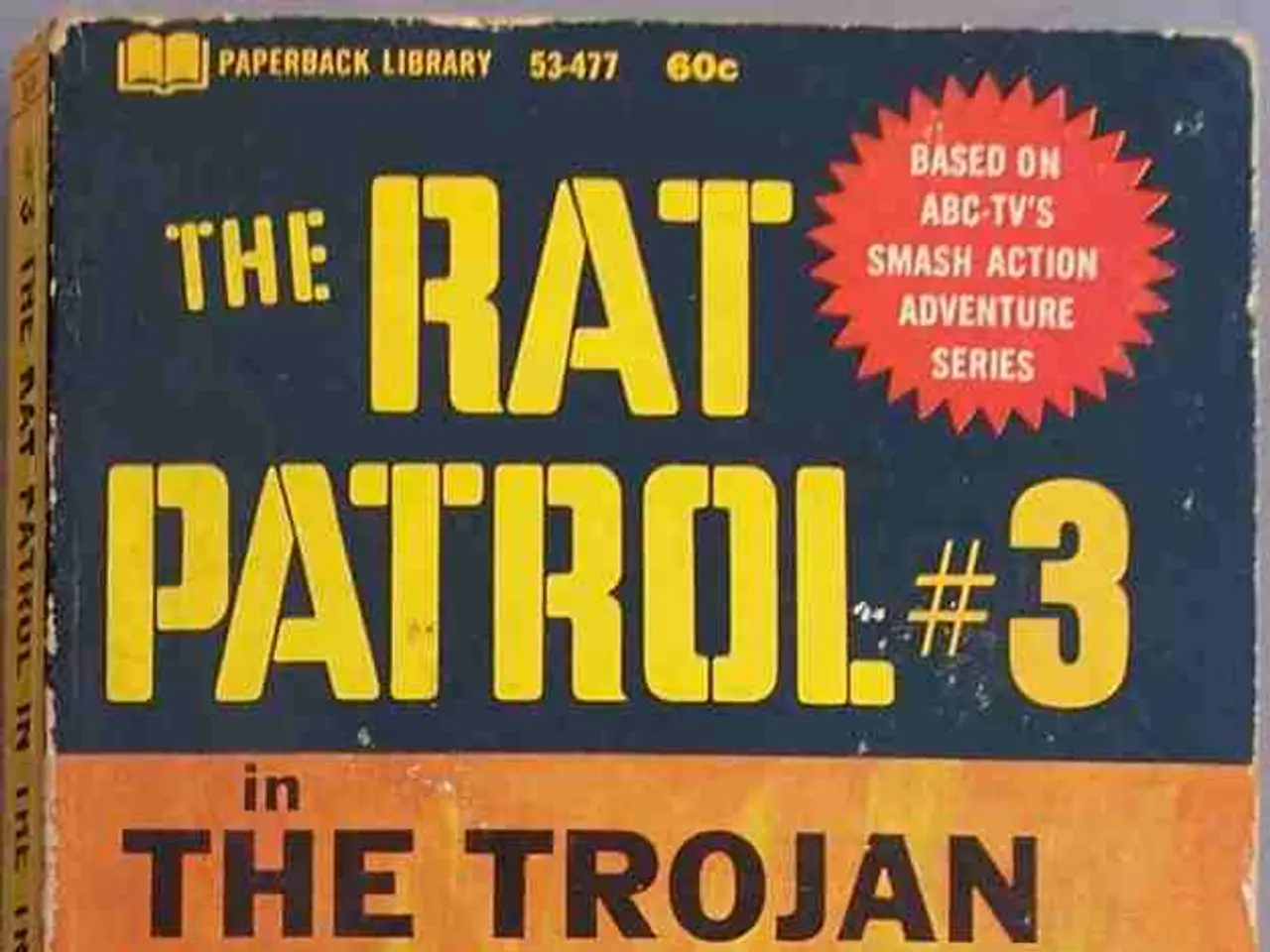Investigation controversy: Supreme Court declines to review Bhupesh Baghel's complaint over fragmented investigations, yet accepts case challenging the application of the Prevention of Money Laundering Act (PMLA)
Supreme Court Emphasizes Comprehensive Investigations in Chhattisgarh Liquor Scam Case
The Supreme Court of India has emphasized the need for comprehensive investigations rather than fragmented or piecemeal scrutiny in complex scams, as underlined in the Chhattisgarh liquor scam case (Bhupesh Kumar Baghel v. Union Of India And Ors).
In this case, Bhupesh Baghel, former Chhattisgarh Chief Minister and Congress leader, has challenged provisions in criminal law related to the Chhattisgarh liquor scam case. The allegations tied to the petitions are that a ₹2,000 crore liquor syndicate racket operated in Chhattisgarh during Bhupesh Baghel's Chief Ministership.
The Supreme Court agreed to hear a petition filed by Bhupesh Baghel challenging the constitutional validity of Sections 50 and 63 of the Prevention of Money Laundering Act, 2002 (PMLA). However, the remaining petitions, which included a plea for guidelines to oversee the conduct of 'further investigations' under the Code of Criminal Procedure (CrPC)/ the Bharatiya Nagarik Suraksha Sanhita (BNSS), were allowed to be withdrawn, since the top court opined that it is better that the issue be raised first before the concerned High Court.
The provisions in the PMLA permit the Enforcement Directorate (ED) to summon any person, compel answers, and the production of documents under a threat of penalty. The court has cautioned against moving the apex court directly by “affluent persons” and endorsed the principle that any challenge to investigative provisions, including those enabling piecemeal approaches, should initially be filed in the appropriate High Court for expeditious consideration.
The court affirmed that although the law enabling the investigation may be valid, the application of the law in certain cases (piecemeal investigations) can be challenged as invalid if it infringes rights or due process. This allows affected persons to seek legal remedy against specific investigative practices even if the underlying statute remains constitutionally sound.
The top court has stressed that once a chargesheet is filed, further probes require the court’s permission, limiting unchecked or fragmented investigations after formal charges are framed. From a legal strategy perspective, petitions challenging piecemeal investigations or procedural provisions (such as Sections 50 and 63 of the PMLA) are best pursued by issuing fresh writ petitions detailing the facts at trial courts or High Courts, as directed by the Supreme Court.
Bhupesh Baghel has urged the Court to declare that ED officers do not have the power to conduct further investigation after the filing of a chargesheet, unless there are exceptional circumstances and only with prior permission from a jurisdictional court. The court, however, has refused to directly entertain Baghel's plea and asked him to approach the High Court or trial court first.
Chaitanya Baghel, Bhupesh Baghel's son, was arrested by the ED on July 18. A day later, the ED registered a fresh money laundering case based on a predicate case registered by the Chhattisgarh police in January 2024. On April 8, 2024, the Supreme Court quashed a previous money laundering case registered by the ED in the same matter.
Senior Advocates AM Singhvi, Kapil Sibal, and Mukul Rohatgi appeared for Chaitanya Baghel and Bhupesh Baghel. Sibal argued that the approach of investigation agencies, including the ED, allowing piecemeal investigations and submitting chargesheets indefinitely defeats the accused's right to default bail or bail granted when there is a delay in completing the probe. The ED has claimed that this syndicate collected illegal commissions and sold unaccounted liquor through government liquor shops.
The court added that the law has provisions to guard against the misuse of such powers, and that aggrieved individuals can always approach courts on an individual basis if the investigation agencies are found deviating from the law. The Court noted that the issue had less to do with the validity of laws allowing the filing of supplementary chargesheets and more to do with the abuse of such laws.
Thus, the current guideline is that challenges to provisions allowing piecemeal investigations should be made through expeditious High Court proceedings, emphasizing comprehensive scrutiny of intertwined facts and requiring court sanction for probe expansion post-charge-sheet. This framework aims to prevent abuse of investigative powers while allowing necessary inquiry into complex scams.
In the context of the ongoing Chhattisgarh liquor scam case, it is evident that the Supreme Court is advocating for comprehensive investigations instead of fragmented ones, as illustrated in the legal proceedings related to the case (Bhupesh Kumar Baghel v. Union Of India And Ors). Furthermore, the politics surrounding this case has led to discussions about policy-and-legislation, notably the Prevention of Money Laundering Act, 2002 (PMLA) and the Code of Criminal Procedure (CrPC)/ the Bharatiya Nagarik Suraksha Sanhita (BNSS), in regards to general-news topics such as crime-and-justice.






